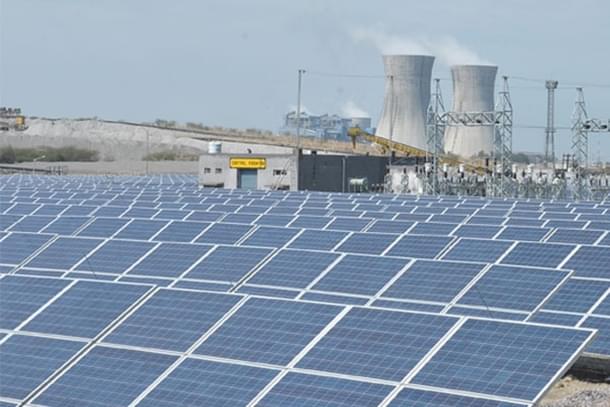News Brief
Ministry Of Power Issues Over 57 Lakh Tradable Energy Saving Certificates To 349 Industrial Units
India Infrahub
Aug 20, 2021, 02:20 PM | Updated 02:21 PM IST
Save & read from anywhere!
Bookmark stories for easy access on any device or the Swarajya app.


As part of ‘Azadi Ka Amrut Mahotsav,’ the Ministry of Power organised an event on Thursday (19 August) to issue Energy Saving Certificates to best performing Industrial units.
On occasion, Alok Kumar, Secretary Ministry of Power, issued more than 57 lakh Energy Saving Certificates to 349 industrial units because they saved more energy than the targets.
After a month, these units will trade certificates through Power Exchange Portal to those units that could not achieve their targets.
The Ministry of Power has taken several initiatives to enhance the energy efficiency of major industrial sectors.
The objective is to reduce fossil fuel consumption, coal, oil and gas, thereby leading to a low carbon economy. This will enhance energy security for India and contribute towards climate goals as per the Paris Agreement.
Perform, Achieve and Trade
One of the flagship initiatives, Perform, Achieve and Trade (PAT), was implemented under Cycle II (during 2016-19), covering 621 large industries from 11 sectors. The Bureau of Energy Efficiency, which is piloting this initiative, completed the verification of energy savings achieved by these industries called Designated Consumers (DCs).
PAT scheme as a market-based mechanism under the National Mission for Enhanced Energy Efficiency (NMEEE) to enhance cost-effectiveness through certification of excess energy savings in energy-intensive industries that can be traded.
The scheme seeks to reduce the specific energy consumption (SEC), i.e. energy used per production unit in energy-intensive large industries. Under this scheme, an Energy Audit is done to verify the baseline data (current efficiency level), and after that, energy-saving targets are given.
Energy Saving Certificates (ESCerts) are issued to those plants that have achieved excess energy savings over their targets. Units that cannot meet the targets either through their actions or through the purchase of ESCerts are liable to financial penalty under the Energy Conservation Act, 2001.
Energy savings and reduction in carbon emissions
As per the audit reports received by BEE, total energy saving was more than 14 million tonnes of oil equivalent (MTOE), which has also avoided 66 million tonnes of CO2 emission. This initiative has resulted in energy savings of Rs 31,445 crores, and industries have reported an investment of over Rs 43,721 crores.
To incentivise the exemplary performance, the Ministry of Power issued Energy Saving Certificates (ESCerts) to those units that exceeded their targets.
The Government of India set up the Bureau of Energy Efficiency (BEE) in March 2002 under the Energy Conservation Act, 2001.
The mission of BEE is to assist in developing policies and strategies with a thrust on self-regulation and market principles with the primary objective of reducing the energy intensity of the Indian economy within the overall framework of the Energy Conservation Act, 2001.





